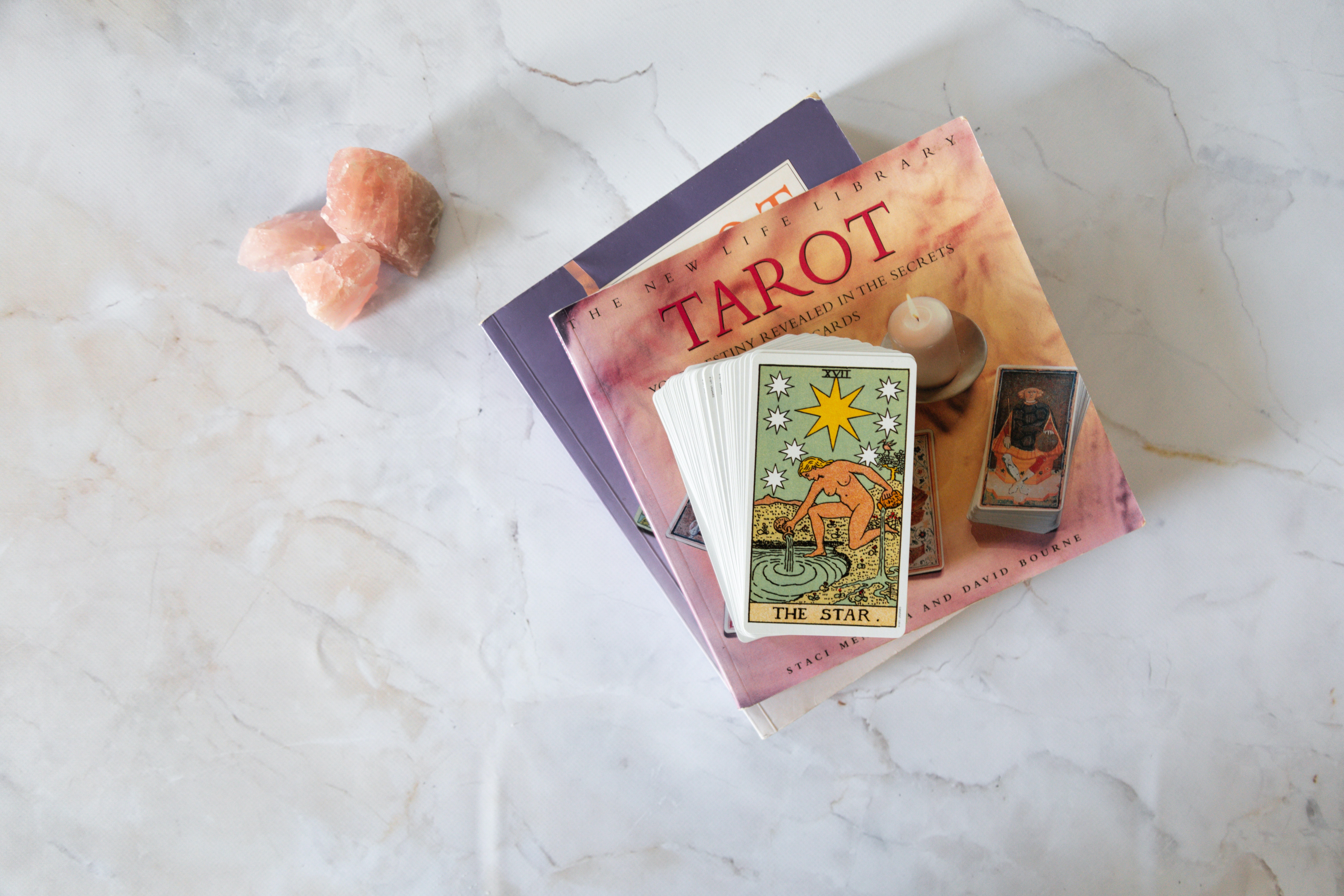Is Spirituality Becoming More Popular?
When people think of spiritual beliefs, they often think about a traditional religion like Christianity. Roughly 70% of religious people in the US fall under the Christian umbrella. It is less likely that someone identifies as a New-Age spiritualist.
New-Ageism refers to a spiritual belief system that adapts spiritual practices from ancient and modern cultures and promotes health and mental wellness. It adopts an alternative lens into spirituality that deviates or even borrows from the typical representations of Christianity. However, is this problematic? And why are people leaving the Christian faith these days?
Why are People Attracted to New Age Spirituality?
The Pew Research Center suggested that one in six Americans accept a New-Age belief, whether it is astrology or reincarnation. The statistic includes people who still practice Christianity and those who are spiritual but not religious (individuals who have spiritual beliefs but do not follow an organized form of religion).
In addition, the survey notes that women are more likely to have New-Age ideas. This statistic begs the question of whether traditional religion, namely Christianity, produces feelings of discontent with their practice.
In 2018, Rachel Siemens interviewed women who practice spirituality. One such woman, Ellen, grew up Christian but turned to Buddhism because the patriarchal nature of Christianity turned her off. Another woman, Alexandra, was raised Catholic but realized that how people practiced the religion around her instigated feelings of guilt. Alexandra claims that incorporating spirituality and meditation into her daily routine made her more open-minded than before.
How Do Some People Experience Backlash for Practicing Spirituality?
Some people must overcome an obstacle when leaving a traditional religion: backlash from those communities. Leaving the church often comes with comments calling the person weak or sinful. This phenomenon is also seen with celebrities in the media.
One recent controversy on the internet highlighted Elizabeth Olsen’s role as the Scarlet Witch in Doctor Strange in the Multiverse of Madness. Olsen’s connection to witchcraft in both her role in the film and with her close friends who practice witchcraft has raised concerns about glorifying sorcery and occultism in mainstream media.
Likewise, a PopCrush article criticizes Halsey’s music video “I am not a woman, I’m a god.” The music video employs witchcraft-like imagery as Halsey participates in a baptismal ritual in which she retakes the power stolen from her to become god-like and combat her mistreatment. A TikTok creator with the username @keepcalmcalvin suggests people need to “stop empowering Halsey to make music videos like this” and “making witchcraft okay.” The article reminds readers that other celebrities, like Ariana Grande, Lorde, and Sam Smith, also practice witchcraft and can have different spiritual beliefs.
The popularity surrounding witchcraft, New-Ageism, and spirituality can be attributed to celebrities normalizing new beliefs. However, the ethics behind practicing spirituality require research and understanding, just like any other religion. Even if practicing spirituality does not seem as oppressive as organized religion, one must still be conscious of how one practices.
How Does New-Ageism Have a Problem with Cultural Appropriation?
An article by MarquetteWire dips into the New-Age movement to remind their audience that exploring other religions requires extra care so as not to culturally appropriate. The author points out how social media, such as TikTok, has popularized spirituality without adequately crediting the religions of origin.
Similarly, a Guardian article highlights how New-Age spirituality appears exotic because it takes practices away from different cultures, mainly from Indigenous people and Hinduism. The exoticizing of non-Abrahamic religions and rebranding of cultural-religious practices is a form of cultural erasure.
Both of these articles note that while it is difficult to police how an individual uses these practices, it is essential to be educating oneself. Educating people about the proper ways to appreciate the cultures that those spiritual practices come from helps them practice spirituality ethically.
Part of spirituality preaches letting go of worldly influences that do not serve an individual. However, ignoring what is wrong with our earthly lives by using spirituality as an escapist tool can harm the communities that initially originated those beliefs.

